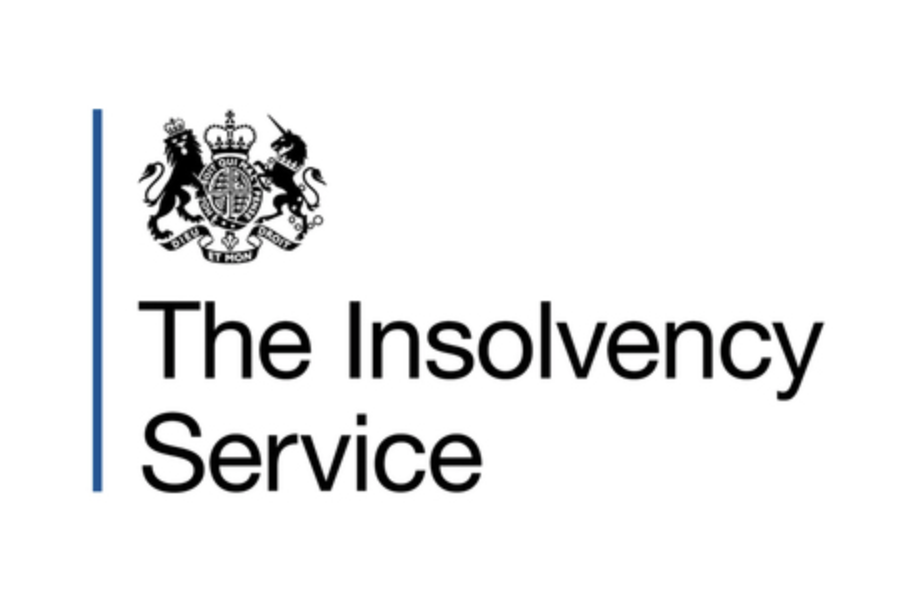Temporary insolvency restrictions protections are being lifted and new targeted measures to support small business and commercial tenants introduced. The Insolvency Service has announced that temporary measures brought in to support businesses from insolvency during the pandemic will be phased out from 1 October.
Companies in financial distress as a result of the pandemic have been protected from creditor action since June last year, through the Corporate Insolvency and Governance Act 2020.
This was to ensure that viable businesses affected by the restrictions on trading during the lockdown periods were not forced into insolvency unnecessarily. As the economy returns to normal trading conditions, the restrictions on creditor actions will be lifted.
New legislation will be made to help smaller companies get back on their feet to give them more time to trade their way back to financial health before creditors can take action to wind them up
The new legislation will:
- Protect businesses from creditors insisting on repayment of relatively small debts by temporarily raising the current debt threshold for a winding up petition to £10,000 or more.
- Require creditors to seek proposals for payment from a debtor business, giving them 21 days for a response before they can proceed with winding up action.
These measures will be in force until 31 March 2022.
Businesses should pay contractual rents where they are able to do so. However, the existing restrictions will remain on commercial landlords from presenting winding up petitions against limited companies to repay commercial rent arrears built up during the pandemic.
Continuing the restriction on winding up, in respect of commercial rent only, supports the UK government statement that commercial tenants will continue to be protected from eviction until 31 March 2022, whilst the government implements a rent arbitration scheme to deal with commercial rent debts accrued during the pandemic

